
Prime Minister Narendra Modi’s political journey spans more than two decades, from his first electoral win in Rajkot in 2002 to his recent re-election from Varanasi in 2024. As he turns 74 on September 17, 2024, Modi continues to showcase his strategic brilliance, deep connection with the people, and unwavering leadership.
2002 Rajkot By-Election: The Start of a Political Legacy
Modi’s electoral debut came in the Rajkot II by-election in February 2002, soon after he became Gujarat’s Chief Minister. This victory established his political credibility, securing his future in Indian politics. Reflecting on his win in Rajkot, Modi acknowledged its special place in his career, calling it the foundation of his political journey.
Maninagar: Building Momentum in Gujarat (2002-2014)
In the 2002 Gujarat Legislative Assembly election, Modi ran from the Maninagar constituency and won decisively. This victory reaffirmed his leadership as Chief Minister. He went on to win the Maninagar seat in both 2007 and 2012, cementing his dominance in Gujarat politics.
2014 General Elections: The Modi Wave
Modi’s first major foray into national politics came in the 2014 general elections, where he contested from both Varanasi and Vadodara. He won both seats but chose to represent Varanasi. The BJP, under Modi’s leadership, secured a majority in the Lok Sabha, marking a historic moment with the campaign slogan “Ab Ki Baar Modi Sarkar.” Modi’s popularity reached new heights as he led the party to its first majority win since 1984.
2019 General Elections: A Second Landslide Victory
In 2019, Modi’s re-election as Prime Minister further solidified his hold on Indian politics. The BJP won 37% of the popular vote, a record for any party since 1989. Modi’s leadership continued to resonate with voters, ensuring another term with a comfortable majority.
2024 General Elections: A New Challenge and Triumph
In 2024, Modi entered his third term as Prime Minister, successfully leading a coalition government, an experience different from his previous majority governments. Despite the challenges, he managed to secure key alliances, including the Telugu Desam Party (TDP) and Janata Dal (United), proving his political adaptability and resilience.
Conclusion: Modi’s Enduring Influence
From Rajkot in 2002 to his latest re-election from Varanasi, Modi’s political career has been marked by strategic foresight, popular support, and an unyielding vision. His ability to adapt, secure victories, and maintain influence has made him one of the most formidable figures in Indian politics over the last two decades.

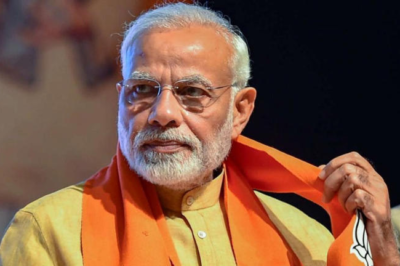





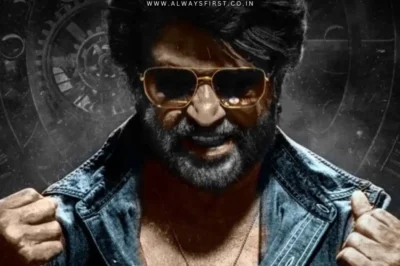





















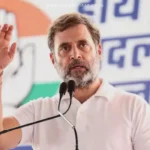


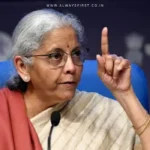

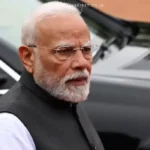
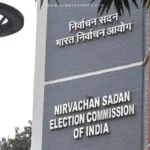




Leave a Reply